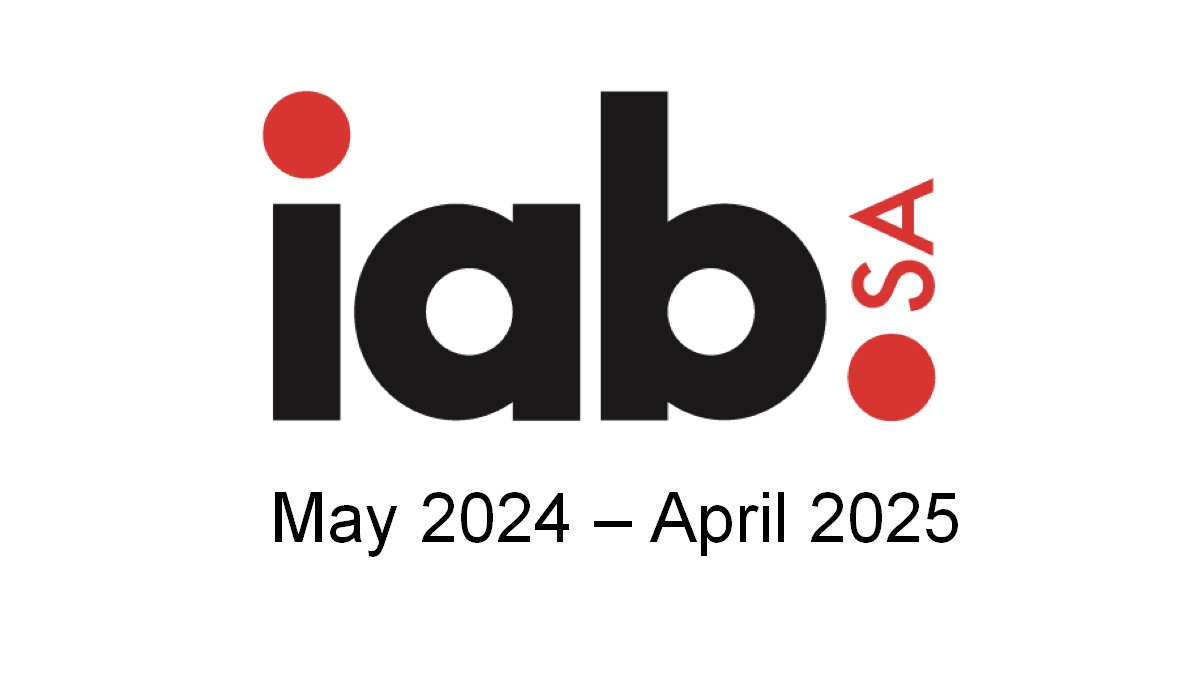Johannesburg – All eyes will be on the South African Reserve Bank (SARB) this week as the central bank decides on interest rates during the first monetary policy committee meeting of the new year.
The central bank left its benchmark repo rate unchanged at a record low of 3.5% during its November meeting, as widely expected.
The decision was not unanimous and followed 300 basis points (bps) rate cuts in 2020 to support an economy already in recession before the pandemic shock.
Policymakers said at that time the risks to the growth outlook were assessed to be balanced while overall risks to the inflation outlook appeared to be on the downside in the near term and balanced over the medium term.
The bank also said that further easing was not likely in the near term but hinted at two rate increases in the third and fourth quarters of this year. Finder’s repo rate panel expects the central bank to hold the repo rate this week but over a third (36%) think the Reserve Bank should cut the rate.
Economist Elize Kruger expects the bank to hold but is in favour of a 25 bps rate cut.
“The SA economy is still bleeding amid the economic impact of the Covid-19 crisis, while consumer inflation remains well under control in the medium-term forecast, thus a small window of opportunity has opened for further stimulation.”
Bureau for Economic Research chief economist Hugo Pienaar said he thinks the bank will decrease the rate by 25 bps but is in favour of a 50 bps cut. “With a benign inflation outlook, monetary policy has space to provide some moderate further stimulus to the economy at a time when fiscal policy is heavily constrained to do so,” he said.
Stanlib economist Ndivhuho Netshitenzhe also called for a 25 bps decrease, noting inflation remains under control.
“The weak domestic economic environment that is expected to continue at least into early 2021 [as a result of increased lockdown measures], gives the SARB some room to be more expansionary in its monetary policy,” Netshitenzhe said.
“Despite this, however, the SARB is aware that although SA consumer inflation is still expected to remain comfortably below the midpoint of the inflation target over the next six months, base effects could push SA inflation somewhat higher in 2021, especially during the middle of 2021.”

Follow @SundayWorldZA on Twitter and @sundayworldza on Instagram, or like our Facebook Page, Sunday World, by clicking here for the latest breaking news in South Africa. To Subscribe to Sunday World, click here.
Sunday World




